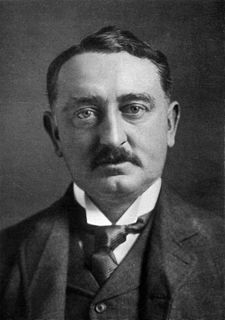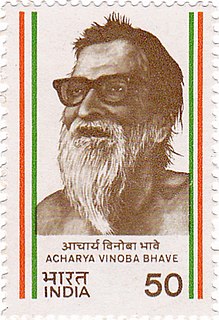A Quote by Cecil Rhodes
To think of these stars that you see overhead at night, these vast worlds which we can never reach. I would annex the planets if I could; I often think of that. It makes me sad to see them so clear and yet so far.
Related Quotes
Sometimes I think a man could wander across the disc all his life and not see everything there is to see,' said Twoflower. 'And now it seems there are lots of other worlds as well. When I think I might die without seeing a hundredth of all there is to see it makes me feel,' he paused, then added, 'well, humble, I suppose. And very angry, of course.
Scientists normally like to do experiments. You know, they like to mix this with that and see what happens. They like to take this thing and poke it and see how it reacts. In astronomy, we can't do that. The stars, the planets, the galaxies, are so far away that we just look at them, and we have to learn things by looking at them.
Stars are good too. I wish I could get some to put in my hair. But I suppose I never can. You would be surprised to find how far off they are, for they do not look it. When they first showed last night I tried to knock some down with a pole, but it didn't reach, which astonished me. Then I tried clods till I was all tired out, but I never got one. I did make some close shots, for I saw the black blot of the clod sail right into thee midst of the golden clusters forty or fifty times, just barely missing them, and if I could've held out a little longer, maybe I could've got one.
When we will all see our role in society as servants, we will all light up the sky together like countless stars on a dark night. Don’t think of society as the sky on a full moon night. The moon’s harsh light blinds us to the true and humble work of the stars. But on a moonless night, the true servants shine forth, as though they are connected invisibly in this vast and infinite cosmos.
I would like to say something deeper, but for me, I saw a production of "Fences" in Rhode Island and a fabulous actress played Rose, but when she first came on the stage she was mad. You could just see it. She was all, "Troy stop!" So by the time you get to the revelation scene, I didn't think she loved him, so there was no loss. I think that the real tragedy and the real drama or the thing that makes you lean in is to see the love, to see the commitment. To see the fact that Rose is invested in this marriage no matter what.
I felt tired for the first time, and I thought of us lying down on some grassy patch of SeaWorld together, me on my back and she on her side with her arm draped against me, her head on my shoulder, facing me. Not doing anything--just lying there together beneath the sky, the night here so well lit that it drowns out the stars. And maybe I could feel her breathe against my neck, and maybe we could just stay there until morning and then the people would walk past us as they came into the park, and they would see us and think that we were tourists, too, and we could just disappear into them.
Poets say science takes away from the beauty of stars-mere globs of gas atoms. Nothing is "mere". I too see the stars on a desert night, and feel them. But do I see less or more? ...What is the pattern, or the meaning, or the why? It does not do harm to the mystery to know a little more about it. For far more marvelous is the truth than any artists of the past imagined it.
When I post on Weibo, I try my best to post things that are aspirational and have a positive energy. I often think that maybe people who see my posts are still growing up and in a stage where they are choosing the kind of life they will have. If they see something good and that can influence them, this makes me think that Weibo can be a positive force for young people in China.
As a young boy growing up in rural India, most of what I knew of the world was what I could see around me. But each night, I would look at the Moon - it was impossibly far away, yet it held a special attraction because it allowed me to dream beyond my village and country, and think about the rest of the world and space.











































